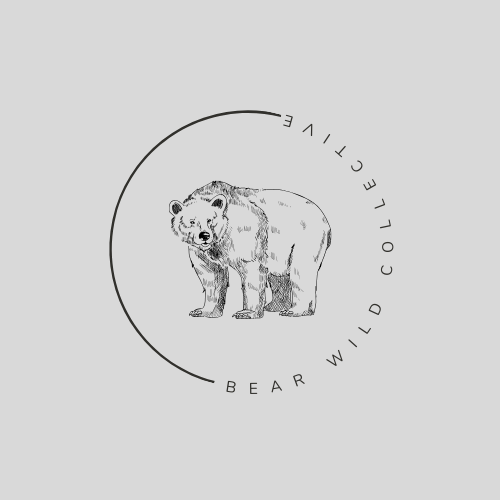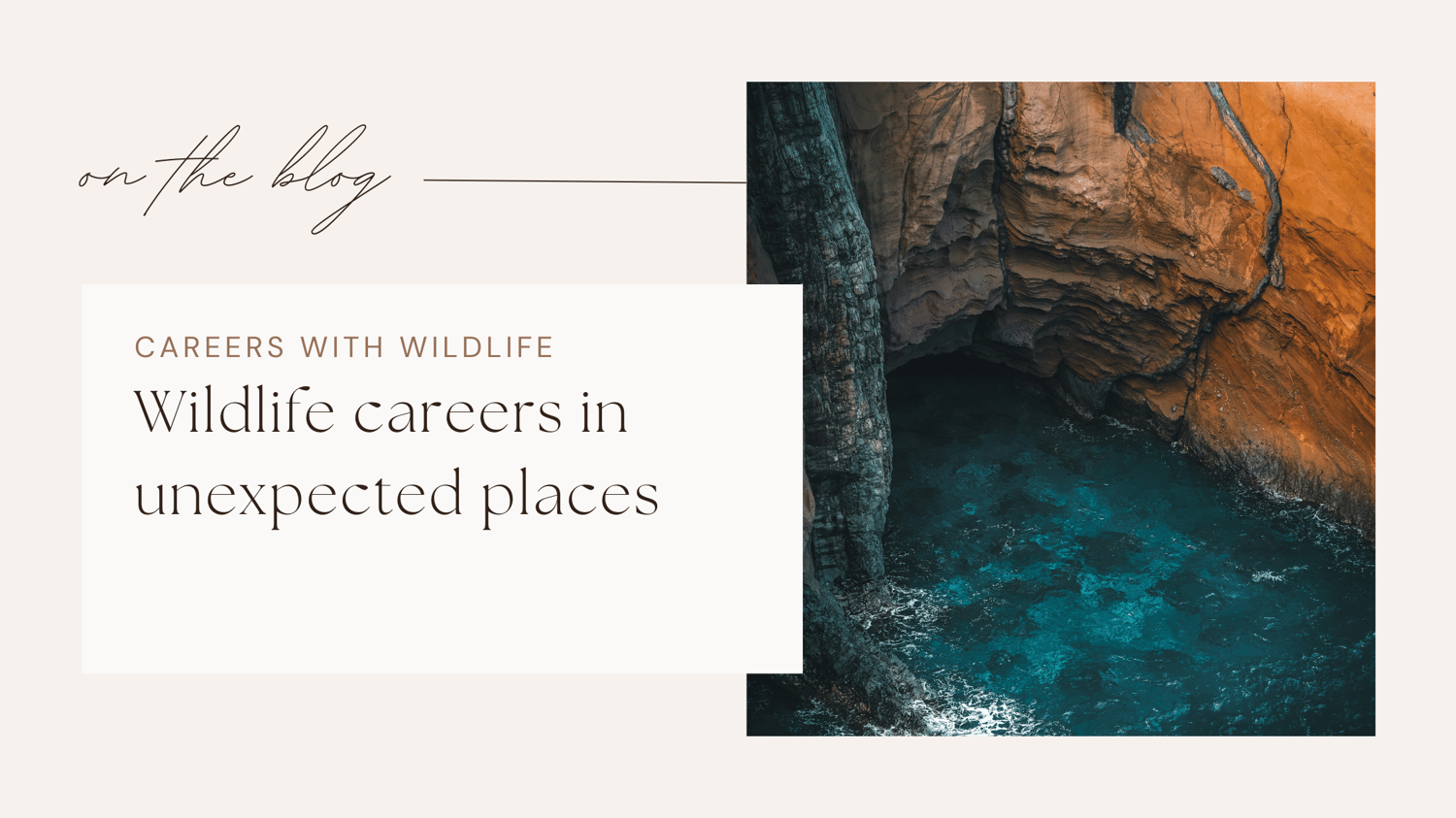When most people think of wildlife careers, they envision rangers patrolling national parks or researchers studying animals in remote jungles. However, wildlife conservation extends beyond these typical settings to the more traditional 'professional' industries too. Many rewarding careers exist in urban environments, consulting firms, and policy-making institutions - if rural adventures aren't really your thing.
See our Wildlife Career Accelerator for more info on how to choose the right job environment for you and to discover diverse job types for every skill set.
Urban Wildlife Management
As cities expand, human-wildlife interactions are becoming more common. Urban wildlife managers and ecologists work to ensure that humans and wildlife coexist peacefully in urban and suburban areas. They manage issues such as invasive species, wildlife corridors, and human-animal conflicts, such as deer encroaching into neighborhoods or foxes scavenging in urban spaces. These professionals may work for city governments, wildlife agencies, or nonprofits, balancing the needs of both wildlife and the public.
Environmental or Ecological Consulting
Environmental and ecological consulting firms hire wildlife experts to ensure that development projects comply with environmental regulations. Consultants conduct impact assessments, monitor wildlife populations, and provide recommendations for mitigating harm to ecosystems. For instance, they might work on construction projects to minimise disruption to local habitats or help businesses develop sustainable practices that protect biodiversity. Some specialise in particular species, like bats or owls!
Policy and Advocacy Roles
Wildlife conservation relies heavily on sound policies and legislation. Policy analysts, environmental lawyers, and advocates work behind the scenes to influence laws that protect wildlife. These professionals may work for government agencies, NGOs, or think tanks, drafting policies, lobbying for stronger environmental protections, or analysing the effectiveness of existing regulations. Their work ensures that conservation is backed by robust legal frameworks. Try looking for roles as wildlife policy analysts or environmental lobbyists!
Corporate Sustainability and Biodiversity Officers
Many companies are realising the importance of sustainability and biodiversity in their operations. Wildlife professionals are increasingly being hired by corporations to ensure their business practices align with environmental standards. These roles often involve developing strategies to minimise the company's ecological footprint, such as creating wildlife-friendly supply chains or managing natural resources sustainably.
Wildlife careers aren't confined to remote national parks or conservation reserves. From managing urban ecosystems to shaping environmental policies, opportunities can be found in unexpected places. By exploring roles in urban management, consulting, policy, and even corporate sustainability, aspiring conservationists can make a meaningful impact on wildlife.



